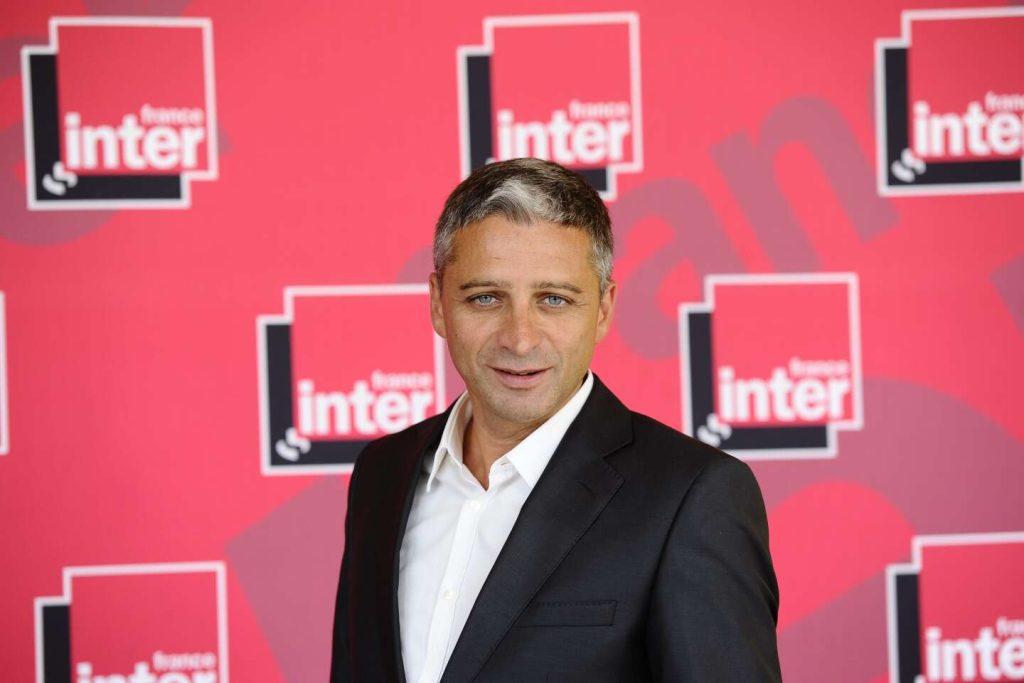Jean-François Achilli, a journalist for Radio France, was fired for repeatedly violating ethical obligations related to external collaborations after admitting to his superiors that he played a role in a book written by Jordan Bardella, the president of the National Rally party. Achilli was known for conducting daily political interviews on Radio France, as well as co-hosting an evening news show called “Les Informés”. Following an article published by Le Monde in March detailing the collaboration between Achilli and Bardella on the book, Bardella was suspended pending a disciplinary hearing.
During a meeting with Radio France management, Achilli denied any conflict of interest with Bardella, stating that he had only provided feedback and opinions on the manuscript. The book, titled “Jordan”, focused on Bardella’s background and his journey from Italy to France. It was revealed that Achilli had been involved in media training for a communication consulting firm, Tilder, as well as running his own company called Pantanu for billing activities. He also mentioned discussing book projects with various political figures, including executives from SNCF and Casino, to Radio France executives.
In a statement to Radio France employees, the management emphasized the importance of obtaining prior approval from the hierarchy for any external collaborations, as well as the consequences of failing to comply with these rules. The breach of these regulations could lead to professional misconduct. The situation surrounding Achilli’s involvement in Bardella’s book raised questions about the ethical standards of journalists and their interactions with political figures. The incident highlighted the need for clear guidelines and transparency in such collaborations to maintain journalistic integrity.
The case also shed light on the issue of media ethics and the potential conflicts that can arise when journalists engage in other professional activities outside of their main roles. The overlapping responsibilities of journalists, such as conducting interviews and participating in consultancy work, can create blurred lines and raise concerns about impartiality and credibility. The evolving media landscape and the rise of freelance journalism have further complicated the ethical considerations for journalists and media organizations.
As the journalism industry continues to adapt to technological advancements and changing audience preferences, the need for transparency, accountability, and ethical conduct becomes increasingly important. Journalists are expected to uphold high ethical standards and act in the best interest of the public when reporting on political events and interviewing public figures. The case of Jean-François Achilli serves as a reminder of the challenges and responsibilities that journalists face in maintaining their credibility and integrity in an ever-changing media environment.


